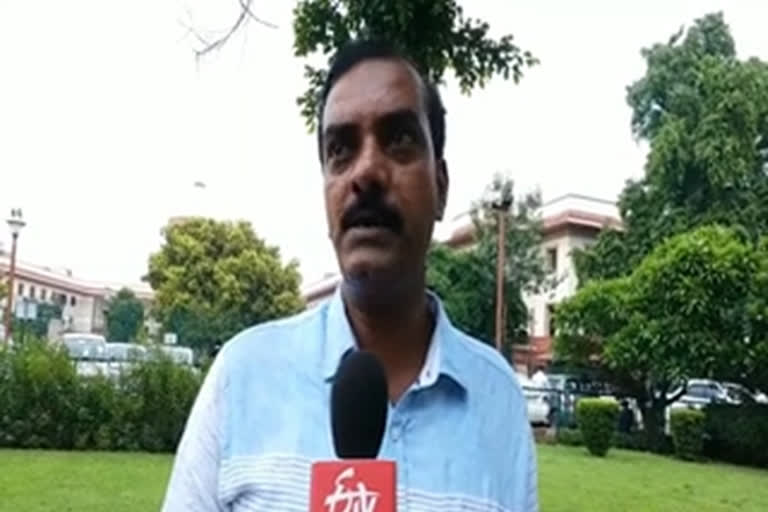New Delhi: The Supreme Court on Monday agreed to hear a plea challenging the amendments to Karnataka's Right to Education rules under which an unaided school are not obliged now to give 25 per cent reservation to EWS children in case a government school is available within the neighbourhood.
A bench of Justices N V Ramana, Ajay Rastogi and Surya Kant issued a notice to the state government and sought its response on the plea.
The petitioners, Education Rights Trust and RTE Students and Parents Association, have challenged the May 31 order of the Karnataka High Court which upheld the constitutional validity of amendments to Rule 4 of the Karnataka Right of Children to Free and Compulsory Education Rules, 2012.
The amendment provided that "no unaided school falling under sub clause (iv) of clause (n) of Section 2 [of the Right of Children to Free and Compulsory Education Act, 2019 (RTE Act)] shall be identified for the purpose of admission of disadvantaged group or weaker section, where government school and aided schools are available within the neighbourhood".
The amendment was made by the former Congress-JDS coalition government in the state.
Speaking to ETV Bharat, General Secretary of the association, BN Yogananda said, "1,50,000 poor people missed the RTE seats due to this amendment. RTE students Parents association filed a PIL which was rejected by the high court. After which we filed Special Leave Petition (SLP) in SC."
The plea said the effect of the amendments is that where a government or aided school exists in a particular neighbourhood, private or un-aided schools will be exempted from obligation, under the RTE Act, to admit at least 25 per cent children from economically weaker sections (EWS) and disadvantaged groups.
The petitioners contended that Karnataka High Court grievously erred in its interpretation of the RTE Act.
"By making the obligation of providing education to children from weaker sections and disadvantaged groups contingent upon the absence of government schools, the High Court ignored the clear language of the RTE Act, which states, in certain terms, that private and unaided schools shall admit the required number each year, with the obligation being absolute and not subject to any future proposed expansion of government schools," the plea said.
It said that petitioners contended that the verdict of the High Court was not only contrary to the text of the RTE, but also to the statutory purpose.
"The amendment to the Karnataka RTE Rules has had an immediate and negative impact on the efficacy of the RTE Act. As per newspaper reports, applications under the RTE Act have dropped by an astounding 92 per cent which further proves that far from being transitory section 12(1)(c) was the heart and soul of the RTE Act," the plea said.
The petitioner sought an interim relief of an ex-parte stay of the operation of the high court verdict dated May 31.
Also Read: Watch: Headmaster dancing with students goes viral



